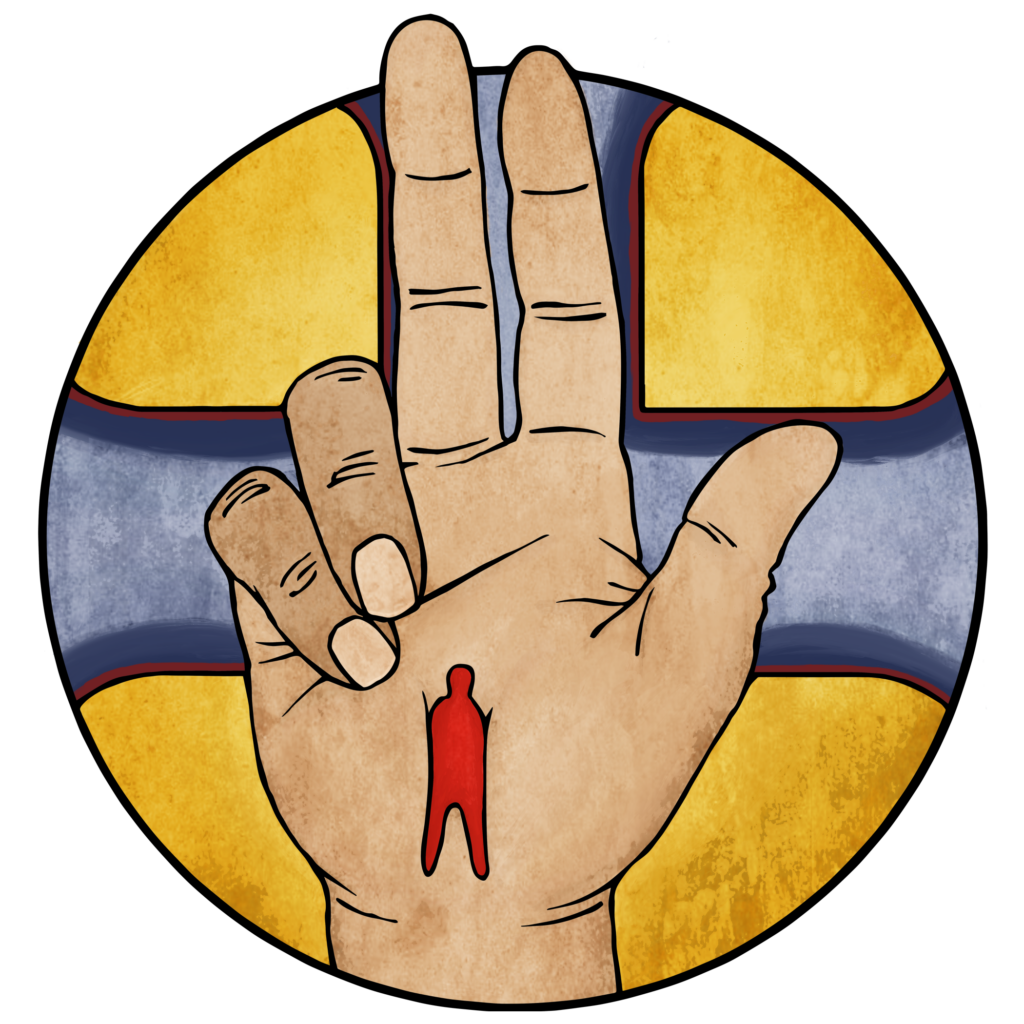By William M. Cwirla
Our Father in heaven, Forgive us our trespasses as we forgive those who trespass against us.
“I’ll never forgive him! Ever! There’s no way in the world I can forgive her for that! Forgive? You’ve got to be joking! When they’re good and sorry, I’ll forgive. Maybe.”
We’ve all said words to that effect at one time or another. We’re hurt. Someone has wronged us, harmed us, caused us to suffer. We feel justified in our anger. We want to get even, carve out our “pound of flesh.” Forgiveness is the furthest thing on our minds. Withholding forgiveness gives us power to control. “Remember what you did to me?”
Jesus would have us pray for forgiveness in this way: “Father, forgive us our sins against you in the very same way that we forgive those who sin against us.” In other words, we dare not ask for more forgiveness than we are willing to give out to others. How dare we ask our Father in heaven to forgive us when we are unwilling to do the same to our fellow sinners?
How Does Forgiveness Work?
Jesus told a parable about forgiveness and how it works (Matthew 18:23-35). A servant owed his king millions of dollars–more than he could ever repay in a thousand lifetimes of work. The king, in an act of undeserved kindness, forgave the servant’s debt. He wiped it off the books. He literally dropped dead to the whole debt. That same servant then went straight from the king to track down a fellow servant who owed him a hundred bucks–loose change when compared to what he had just been forgiven. He demanded payment in full, and when his fellow servant pleaded for mercy with the very same words the first servant used before the king, he showed no mercy at all, but had him thrown into prison. Needless to say, when the king got word of it, he was outraged and had the forgiven but unforgiving servant thrown into debtor’s prison. “So also my heavenly Father will do to every one of you, if you do not forgive your brother from your heart.”
Gulp!
Do you get the impression that Jesus takes forgiveness seriously? You bet He does! He hung on a cross to earn the complete forgiveness of sins for the whole world. He knows the cost. It cost Him His own life–His blood shed on the Cross. So when we refuse to forgive another, it’s as though we are saying, “Jesus didn’t die for your sins, so I don’t have to forgive you either.”
The Business of Forgiveness
First of all, forgiveness is not a feeling. It’s an act of the will. That’s why Jesus says we must forgive our brother (and sister) “from the heart.” The heart is the seat of the will, not feelings. Remember this. Forgiveness is about our will to act or not act. We don’t have to like someone to forgive them. We simply have to will to let go of what happened and not act in retaliation.
Second, learn what “forgiveness” means. The Greek word “aphete” (forgiveness) means to let go, to leave something be as it is, to act as though it had not happened. To forgive is not to forget. If we forget, then there’s no reason to forgive. But if we remember the wrong and still act as though it did not happen, that’s forgiveness. God “remembers our sins no more,” not in the sense that He develops a case of divine amnesia, but that He chooses for Jesus’ sake not to act toward us as our sins deserve. We are like that servant who owed his king millions of dollars and which he could not repay. But Jesus paid our debt with His perfect life under the Law and His spotless death as the Lamb of God who takes away the sin of the world. And the verdict of Jesus’ death was pronounced over you at your Baptism. You, a sinful child of Adam, are forgiven. Free. Your debt is paid in full.
So Now What Do You Do?
You forgive. Forgiveness begins with Jesus, and it flows from Jesus to you and from you to those around you. And don’t worry about running out; there’s plenty more where that came from! It’s like a spring that never dries up and flows as far as Jesus’ death and the stream that flowed from His side.
In the Large Catechism on this petition, Martin Luther said that when we forgive others, it’s like an absolution ringing into our own ears. We are hearing Jesus’ forgiveness to us spilling over to those around us. When you say, “I forgive you,” to someone who has sinned against you, it’s an echo of Jesus’ “I forgive you” in your own ears. You, forgiven child of God, are a pipeline of forgiveness, forgiving as you have been forgiven.
Rev. William M. Cwirla is the pastor of Holy Trinity Lutheran Church in Hacienda Heights, CA. He is also a president emeritus of Higher Things.
This article was originally published in the summer 2011 issue of Higher Things Magazine.

